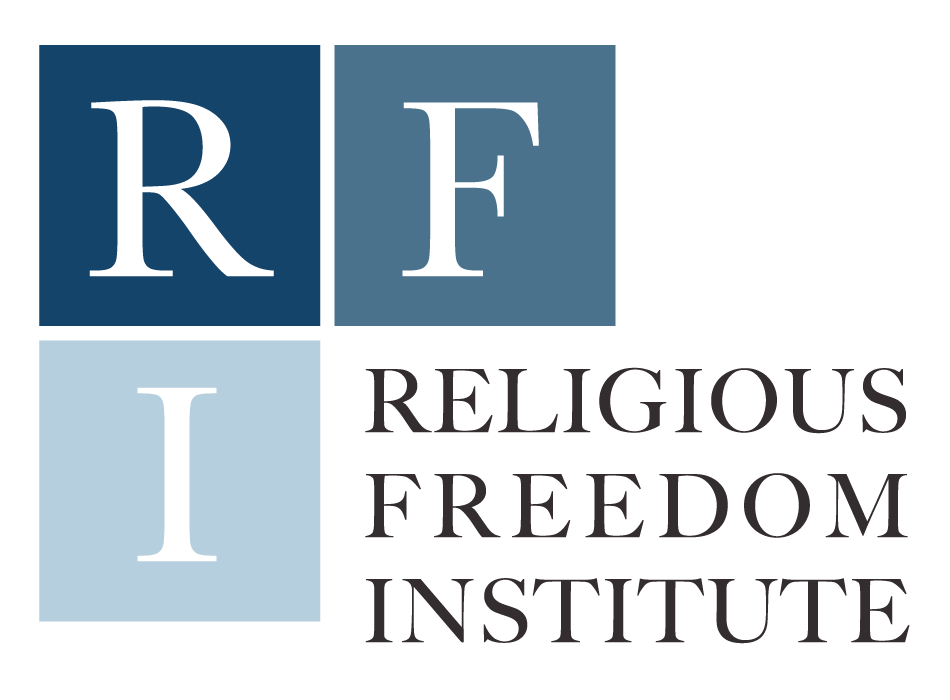June 19, 2020, Washington, D.C. – The Religious Freedom Institute (RFI) today expressed dismay at the U.S. Supreme Court’s holding on Monday in Bostock v. Clayton County, Georgia, which redefined the term “sex” in federal civil rights law to include sexual orientation and gender identity.
Monday’s decision concerns Title VII of the historic 1964 Civil Rights Act, which prohibits employers from discriminating on the basis of several factors, including “sex.” The majority opinion, written by Justice Neil Gorsuch, asserts that although the law’s drafters intended the term to cover only biological sex, “it is impossible to discriminate against a person for being homosexual or transgender without discriminating against that individual based on sex.”
In his dissenting opinion, Justice Alito criticized the majority for “[u]surping the constitutional authority of the other branches” of government by issuing a new federal civil rights law “under the guise of statutory interpretation.” The Court’s reasoning was flawed, Alito said, because “it is quite possible for an employer to discriminate” on the basis of sexual oritination or gender identity “without taking the sex of an individual applicant or employee into account.”
RFI’s Islam and Religious Freedom Action Team filed an amicus curie brief in support of the employers in this case, urging the Court to consider the impact an adverse ruling would have on the religious freedom of those who believe that “God designed and created two distinct and complementary sexes, male and female, for conjugal union and reproduction.”
Alluding to that brief, Justice Alito warned in his dissent that Monday’s ruling will have profound effects on religious institutions:
Briefs filed by a wide range of religious groups—Christian, Jewish, and Muslim—express deep concern that the position now adopted by the Court “will trigger open conflict with faith-based employment practices of numerous churches, synagogues, mosques, and other religious institutions.” They argue that “[r]eligious organizations need employees who actually live the faith,” and that compelling a religious organization to employ individuals whose conduct flouts the tenets of the organization’s faith forces the group to communicate an objectionable message.
Responding to the Bostock decision, Thomas Farr, president of RFI, said:
Our founders intentionally empowered ordinary Americans, not unelected judges, to decide matters of public morality, and how those decisions should be reflected in law and public policy. With Bostock, six justices have arrogated to themselves the power to overturn a centuries-old, common sense understanding of sexual difference as rooted in nature and the created order. In so doing, they have far exceeded their constitutional authority and sanctioned a new state-enforced moral orthodoxy that punishes dissenters, threatens thousands of religious institutions that serve all Americans, and weakens even further the possibility of national unity.
This decision enacts a policy that is deeply misguided and harmful. Traditional moral views on human dignity, human nature, love and sexuality, marriage, and life are not akin to racism and bigotry, and those who adhere to them should not be written out of our national conversation. Like all Americans, they have a right to the free exercise of religion, and to order their lives according to their most deeply held beliefs about what is true and good.
The ideology driving the Court’s decision threatens more than the rights of religious Americans. It also threatens the most dynamic and productive civil society in history, a substantial part of which is grounded in the faith-empowered love and service of ordinary Americans. Contrary to the Bostock Court’s logic of intolerance, religious freedom in America is not about exclusion or hate. It is about love and serving others.

Media Contact:
Nathan Berkeley
media@religiousfreedominstitute.org
202-838-7734
www.rfi.org
@RFInstitute
The Religious Freedom Institute (RFI) works to secure religious freedom for everyone, everywhere. RFI is a non-profit, non-partisan organization based in Washington, D.C.
THE RFI BLOG

Is Egypt’s Government Trying To Take Over Christianity’s Most Important Monastery?

Does Southeast Asia Lead the World in Human Flourishing?

RFI Leads Training Session on Religious Freedom Law and Policy for U.S. Army War College

Oral Argument in Charter School Case Highlights Unconstitutional Motives Behind OK Attorney General’s Establishment Clause Claim

Largest Longitudinal Study of Human Flourishing Ever Shows Religion’s Importance
CORNERSTONE FORUM

Reaffirming Religious Freedom: Bridging U.S. Advocacy and Iraq’s Constitutional Framework

Political Polarization, Same-Sex Marriage and Religious Liberty

Bridging the Gap Between International Efforts and Local Realities: Advancing Religious Freedom in the MENA Region

Challenges to Religious Freedom in Iraq and the Critical Need for Action

